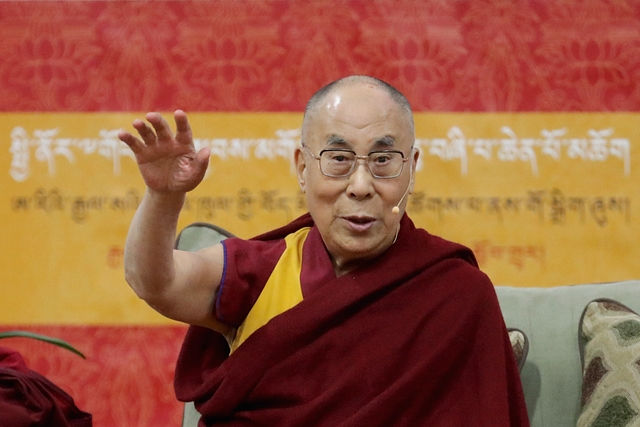
‘Tibetan Buddhists Should Pick The Next Dalai Lama, China Has No Authority’: US official
The US backs the right of the Tibetan Buddhists to select the next Dalai Lama and the Chinese Communist Party does not have the authority, according to a US official dealing with international religious matters.
"The United States is opposed to China picking the next Dalai Lama," Samuel Brownback, the ambassador-at-large for international religious freedom said on Tuesday.
"They have no right to do that. They have no theological basis to do that," he said.
The 85-year-old Dalai Lama is the 14th leader of Tibetan Buddhists and he fled the Chinese takeover of the Tibet to India and took refuge there.
Traditionally the Dalai Lama gives instructions on where to find the reincarnation of the Dalai Lama, but the Chinese government has asserted that it has the right to determine who becomes the leader of the Tibetan Buddhists.
"We think that's completely wrong of the Chinese Communist Party to assert that they have that right," Brownback told reporters during a telephone briefing.
"The Tibetan Buddhists have successfully picked their leader for hundreds of years, if not longer, and they have the right to do that now," he added.
The Dalai Lama has said that when he reaches around 90, he will consult other lamas, the Tibetan public and followers of the religion to decide "whether the institution of the Dalai Lama should continue or not".
If it was decided that there should be a successor, the officers of the Dalai Lama's Gaden Phodrang Trust will have the primary responsibility for recognising the person in accordance with the past traditions and that he would leave written instructions for it, he added.
The Dalai Lama warned that "no recognition or acceptance should be given to a candidate chosen for political ends by anyone, including those in the People's Republic of China".
This news has been published via Syndicate feed. Only the headline is changed.